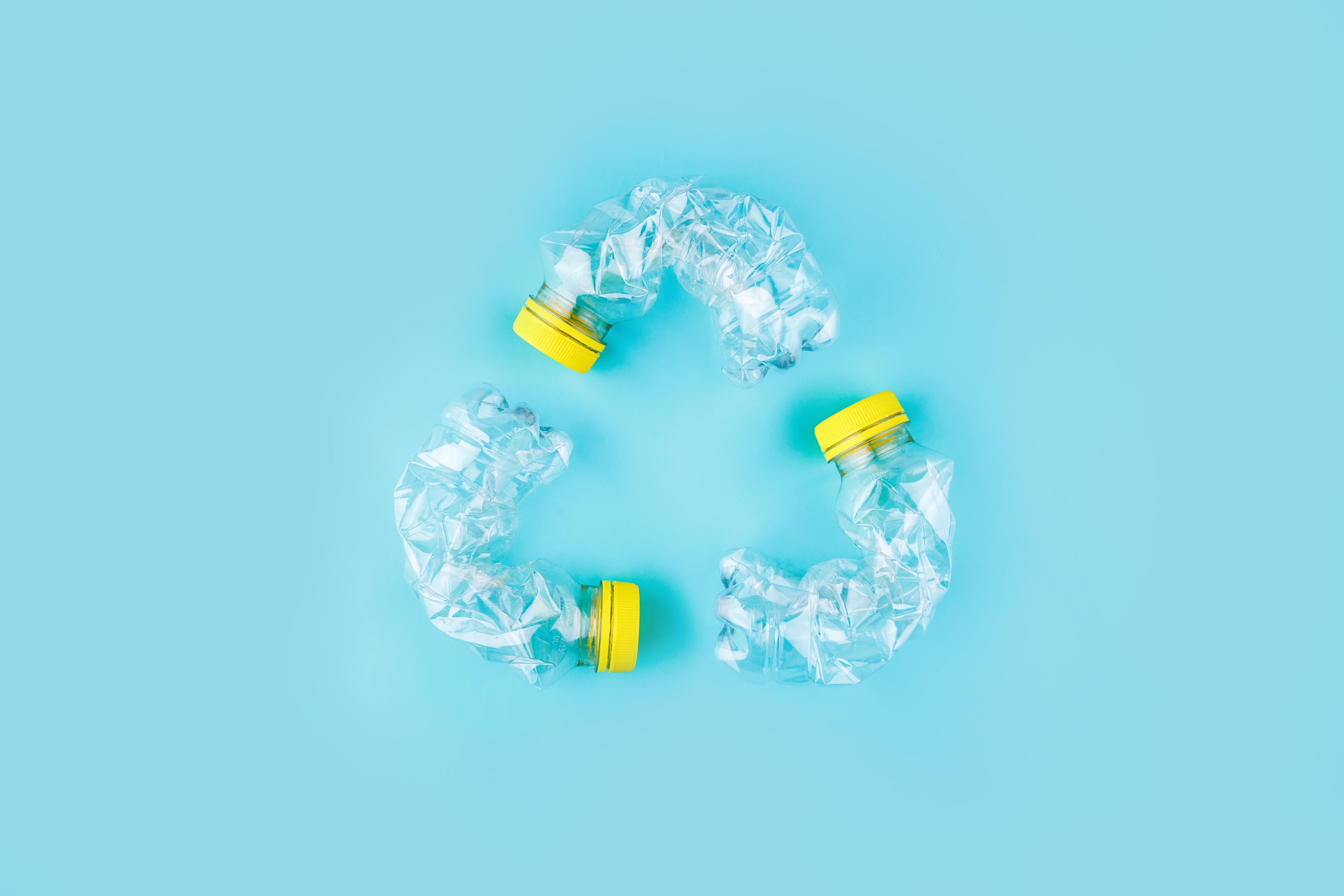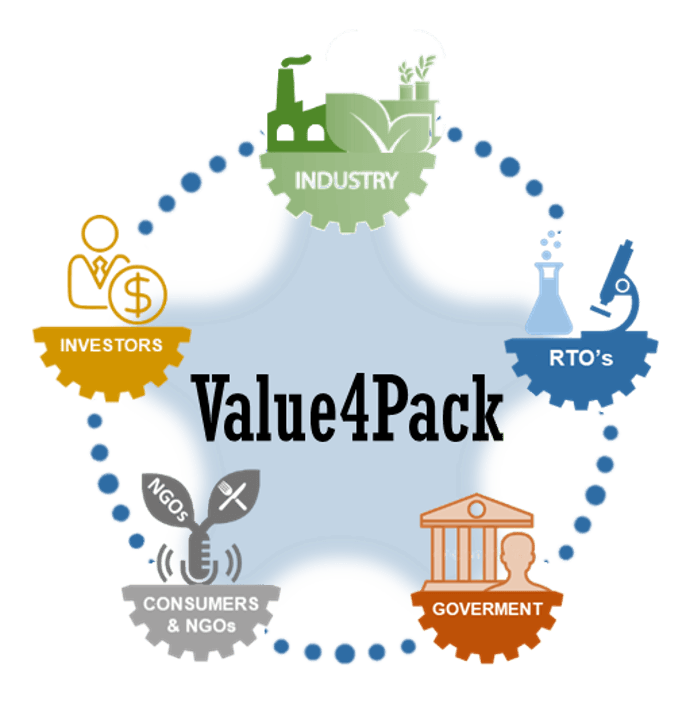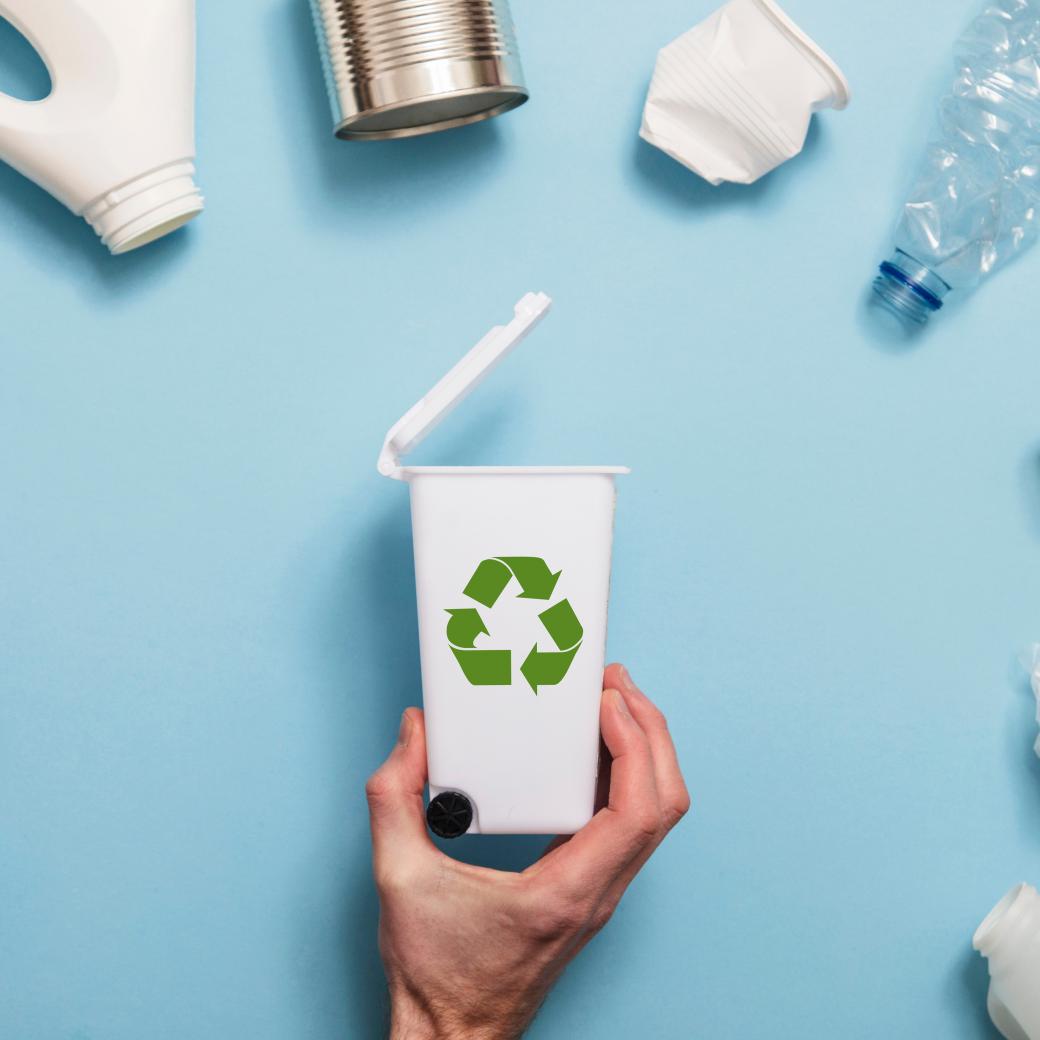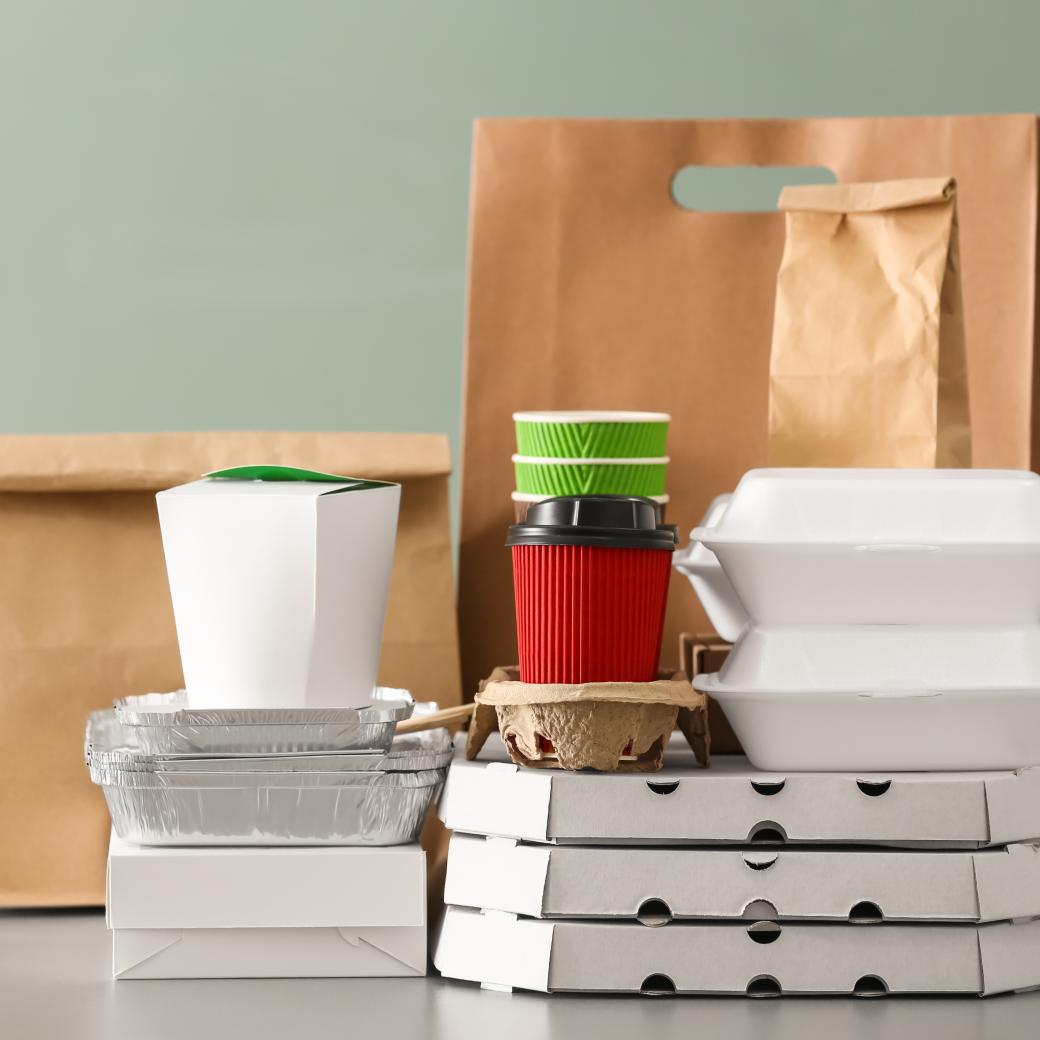Multi2Recycle
With support of:



Evaluation of the recyclability of flexible food packaging materials based on their composition and impact on the shelf life of food products.
Why this project?
Plastic food packaging materials preserve and protect the quality of food products and extend their shelf life. Seemingly 'simple' films used for packaging a wide range of products (e.g. cheese and meat) often consist of multiple layers of different polymers, each contributing their own functionality to the overall packaging. Due to the strong physical adhesion of these layers, separation at polymer level is not always possible, which hinders mechanical recycling. Therefore, the main valorisation route of this multilayer packaging is incineration with energy recovery. Ambitious targets for the recyclability of food packaging have been set at both European and Belgian level. In line with the European Plastics Strategy, 55% of all plastic packaging must be recycled by 2030, while the Belgian Food Industry Association (FEVIA) states that 65% of plastic food packaging must be recycled by 2023. As a result, the search for recyclable alternatives with similar functionality is now high on the agenda.
Methodology and expected results
Multi2Recycle is a collective research, development and dissemination project (COOCK type). This inter-cluster project is a collaboration between the Flanders' FOOD and Catalisti clusters. It aims to answer the question ‘How can multilayer plastic food packaging be recyclable and at the same time provide optimal barrier properties to ensure the shelf life of food products?’.
The methodology consists of two main segments:
- A knowledge segment which provides an overview of the latest trends and innovations in the packaging industry and the sorting and recycling industry, with the aim of increasing the circularity of food packaging.
- A research segment focusing on selected generic cases and covering the following topics:
- evaluation of the impact of packaging composition on the mechanical recyclability of the packaging. The aim is to evaluate the mechanical recyclability of various films for secondary or tertiary (food) packaging and primary non-food packaging applications.
- evaluation of the mechanical recyclability of mixed PP streams (i.e. generic cases).
- evaluation of repetitive mechanical recycling of various films.
- the setting of recycling limits, i.e. the tolerance level of barrier material for efficient recycling.
- evaluation of these recycling limits to ensure that the packaging functionality can still be guaranteed for the selected food products.
- at the request of the Industrial Advisory Council: evaluation of recyclability by implementing a case study at a sorting or recycling company.
Target group
This project focuses on packaging producers and processors, food companies, and sorting and recycling companies.
The output of this project should facilitate decisions regarding the design of future packaging and currently used multilayer plastic food packaging materials.
Project partners
Flanders’ FOOD manages the project. Pack4Food coordinates the project in cooperation with the project partners: VKC Centexbel, UHasselt (MPR&S), Flanders’ FOOD and Catalisti.
Keen to join?
The project started in January 2022 and runs until December 2024 (duration: 2 years); until then participation is always possible. The results can be requested and accessed at the end of the project (against a fee).

Contact

From apple tree to innovation: meet B3ET

Sustainable animal feed from sweetcorn cobs: meet Trotec



